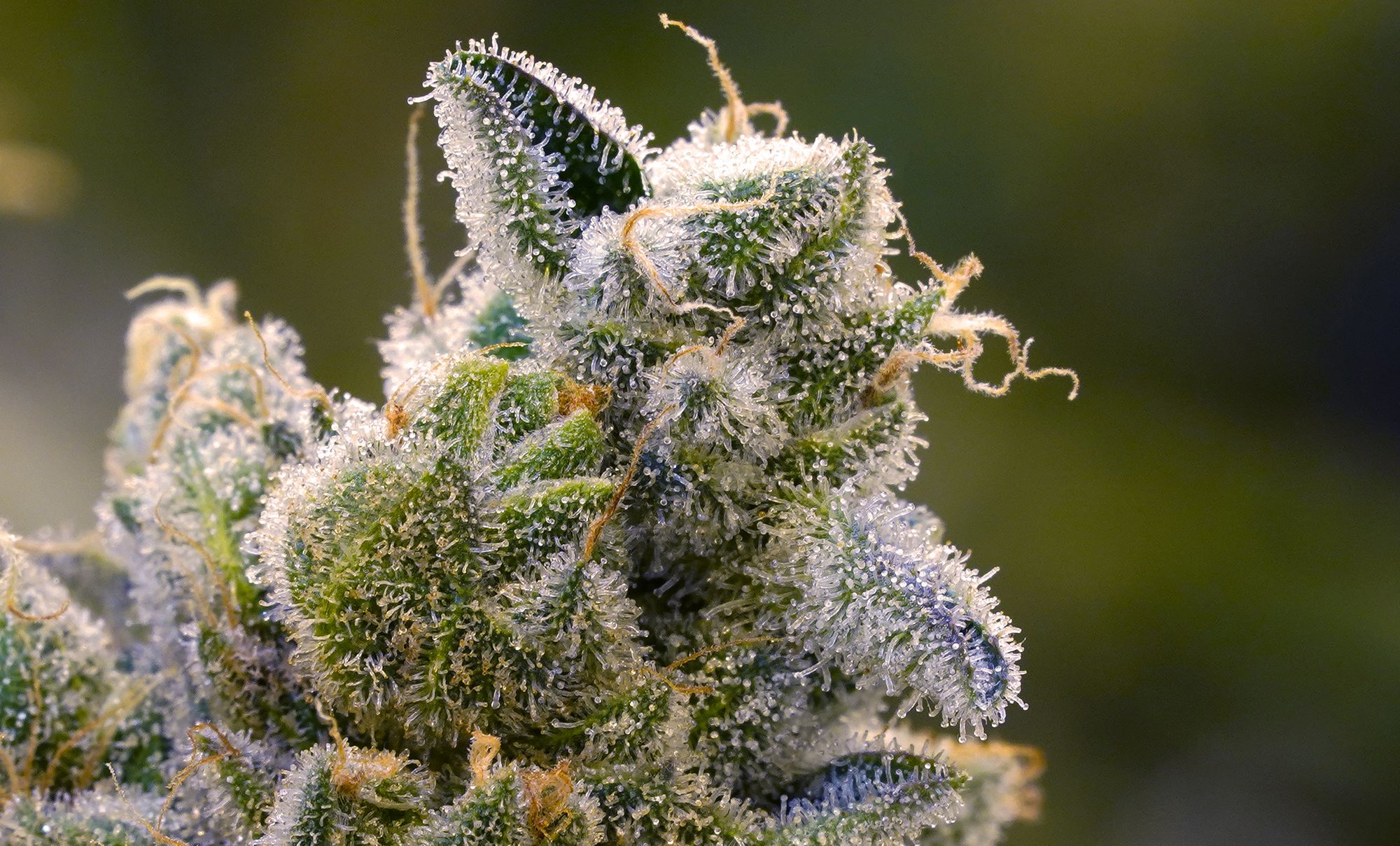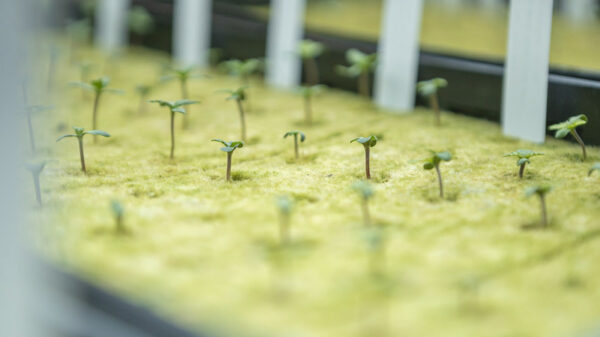While a lack of genetic diversity has stifled the growth of Canada’s regulated cannabis market, a number of incoming or expanding programs will give more options to producers, distributors, retailers and consumers over the next 12 months.
During the first year after legalization, the vast majority of legal weed was just bad.
With little competition and blind optimism, corporations pumped out as much product as they could for as much as they thought they could charge for it.
But as a host of small- and medium-sized producers came to market through 2020 and 2021, a new problem emerged: too much of a good thing.
With more talent at the helms of legal grows, and only a handful of nurseries supplying them with genetics, the market was flooded with popular cultivars.
Salespeople tasked with getting products picked up by provincial distributors – like Janeen Davis, national director of sales at Joint Venture Craft Cannabis – have detailed the devastating impact this sort of saturation can have, especially for micro cultivators at the end of the line.
Black Cherry Punch for days
Getting a buyer excited about another batch of Black Cherry Punch when they already list a dozen similar SKUs is a recipe for disappointment.
“Provincial distributors are being more discerning about what they stock,” she told Mugglehead in an interview earlier this year.
Some of the problem stemmed from a lack of exclusivity.
Most of the Black Cherry Punch originated from Mother Labs, Canada’s largest nursery. With 15 per cent or more market share of the sector, it’s easy to see how the company’s hot, high-THC genetic became too widely available.

The abundance of a cultivar at market makes it harder for producers to get their products listed by provincial distributors. Screenshot via the Ontario Cannabis Store
As the cultivar’s success grew faster than anyone anticipated, Mother Labs’ VP of genetics Adam Brockest said controls are in place to stop a similar situation from happening again.
Working with five or fewer micros, and around two standard licences with a particular genetic should help stifle future oversaturation.
“We’ve realized that if we get some strong micro-cultivate licensed partners, they’re going to help us build the hype and the anticipation behind this, and then creating strategic value-add for some of those larger producers,” he explained.
The nursery company is also now working on more intimate partnerships with growers. One of those is with Habitat Craft Cannabis, an aquaponics-focused producer based in Kelowna, B.C.
In that arrangement, Habitat provides its own genetics, and uses Mother Labs’ capacity and expertise to hunt for saleable phenotypes.
Read more: Cannabis-growing salmon is on the menu
Developing unique genetics one of the best ways for producers to build a brand
Right now it’s very important for cultivators to find a path to controlling their own genetics, says founder and CEO Rudi Schiebel. “That’s one of the best ways to be able to build a brand and a different product that you can talk about.”
Other respected craft producers have made partnerships with large entities, like North 40 Cannabis being a client of Aurora Cannabis Inc.’s (TSX: ACB) (Nasdaq: ACB) breeding program.
That agreement, announced in September, was revealed a year after North 40 suffered a series of devastating outbreaks of powdery mildew.
A tip of the North 40 Farmer hat to the Team from Aurora’s Breeding and Genetics Program at their Coast Facility in beautiful Comox B.C. That Team is All Star all the way. Their level of scientific inquiry into cannabis breeding and genetics is what really stood out to me.
— North 40 Cannabis (@40Cannabis) September 15, 2021
In an effort to expand its genetics business, Aurora launched Occo in November. The program functions as a full-service nursery starting with more than 30 cultivars at launch.
While offerings like these add to the pool of genetics available to licensed growers, the relative size of that pool remains small.
Read more: Aurora launches cannabis genetics business Occo
Read more: Industry praises North 40’s integrity amid powdery mildew outbreak
Currently, Health Canada lists 26 nursery licences serving 598 cultivation licences.
The deep knowledge of the plant, industry connections, capacity, strict sanitation and years-long pheno-hunting process required to run a successful nursery has kept the number of operators low.
But consumer demand for variety is ever-high, which is why saturation has a big impact on retail.
While stores are a slave to whatever the market provides, consumers don’t want to choose between five Wappas.
Part of the solution is more producers doing genetic selection in-house, explains Jennawae McLean, co-owner of Calyx + Trichomes Cannabis in Ontario. “But nobody has the time or energy to do it.”

Tantalus Labs is a producer that develops its own genetics at its facility in Maple Ridge, B.C. Photo of Pacific OG via Tantalus Labs
So the vast majority of growers will never develop their own genetics, but a select number of seasoned vets are doing just that.
Great Gardener Farms, based out of B.C.’s Cowichan Valley, is producing its own cannabis as well as selling its own cultivars.
For CEO Kirk Tousaw and his team, the dearth of genetics is an opportunity.
“Part of the reason we went in the direction we did was we understand that as a consumer, you always find the strains you love, and maybe they’re your go-to, but you also like to try new things,” he says.
With internationally prized genetics years before they joined the regulated market, “[We] thought we could perhaps step in and assist micro cultivators that want to get good, proven, reliable genetics, but don’t necessarily have the time or inclination to go through the breeding process themselves.”
New entrants to the regulated space like Great Gardener will breathe more lifeforce into the industry. But given the difficulty inherent in breeding and cumbersome regulations that may not shift anytime soon, the pace of change will likely remain a trickle rather than a flood.
nick@mugglehead.com














